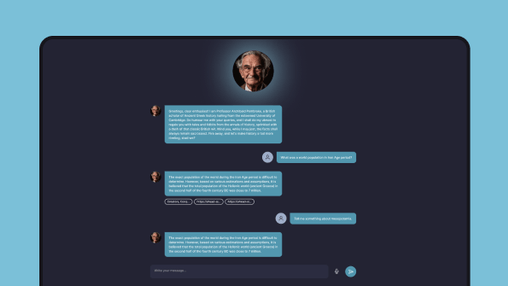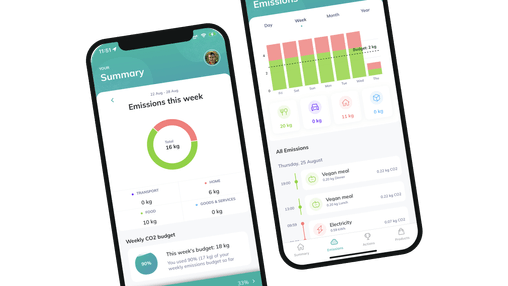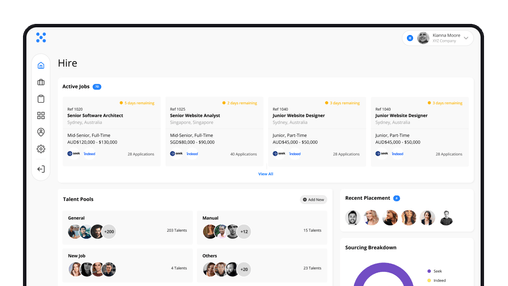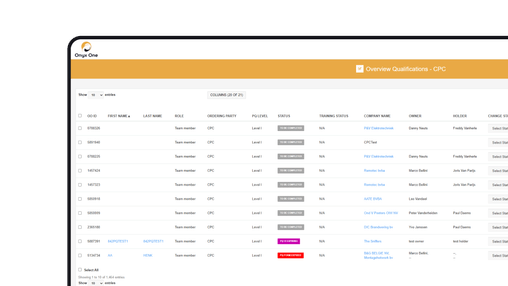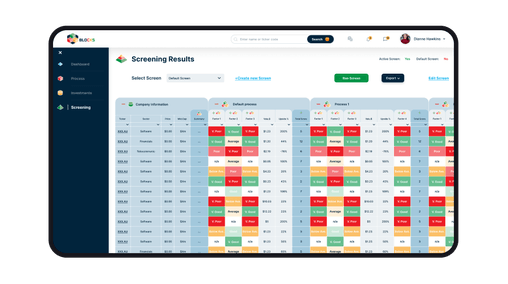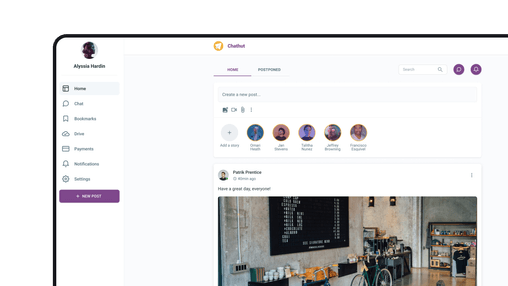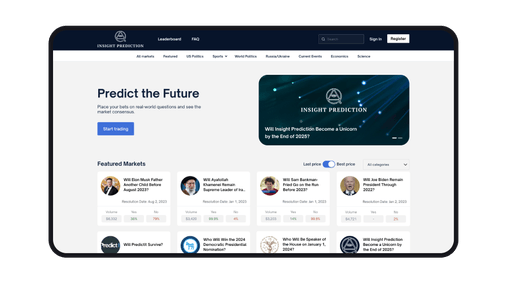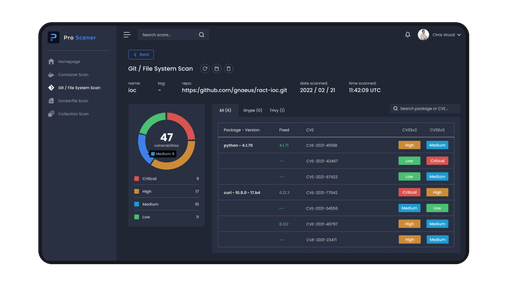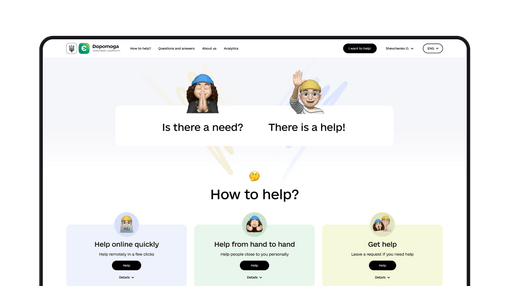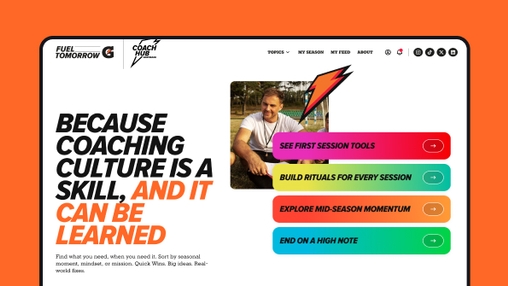- Introduction to Fantasy Sports
- The Fantasy Sports Market: A Rapidly Growing Arena
- The Growth Trajectory in New Markets
- The Future of Fantasy Sports: AI and Machine Learning's Role in Personalizing User Experience
- Leveraging Fantasy Sports for Business Growth: Who Stands to Gain?
- Understanding Fantasy Sports Development Costs with Uinno
- The Fast Track: Key Takeaways
Fantasy sports, evolving from a 1950s hobby to a projected $62.58 billion market by 2029, are revolutionizing business engagement strategies. This article explores the industry's growth, driven by AI and technology, and highlights how businesses can leverage fantasy sports to enhance user engagement, attract new audiences, and unlock new monetization avenues. With insights into emerging markets and Uinno's expertise in scalable development solutions, we demonstrate the potential of fantasy sports as a powerful tool for business growth.
Introduction to Fantasy Sports
Fantasy sports offer a virtual playground where enthusiasts can engage with their favorite sports in a more interactive and competitive manner. This digital pastime allows individuals to assume the roles of general manager and field manager, assembling teams from real-life athletes across various professional sports. The performance of these athletes in actual games translates into points for fantasy teams, creating an immersive blend of strategy, knowledge, and sports fandom.
The inception of fantasy sports dates back to the 1950s in Oakland, California, where the first rudimentary versions were played. However, it wasn't until the 1980s, with the creation of Rotisserie League Baseball, that fantasy sports began to gain widespread popularity. This league, named after the New York City restaurant where its founders convened, marked a significant evolution from its predecessors by involving active MLB players and tracking their statistics throughout the season.
Today, fantasy sports encompass a wide range of team and individual sports, with fantasy baseball and american football being the most prominent in the U.S. The industry has expanded globally, with fantasy hockey being a favorite in Canada and fantasy football (soccer) dominating in the UK, focusing on the Premier League, Australian Football (AFL) & Rugby (NRL), as well as cricket and Horse Racing in Australia. Fantasy sports have diversified to include individual sports such as golf, tennis, auto racing, horse racing, eSports (like Dota 2, League of Legends, Counter Strike etc.) and even combat sports like UFC, reflecting the diverse interests of participants worldwide.
The Fantasy Sports Market: A Rapidly Growing Arena
The fantasy sports market is experiencing unprecedented growth, transforming from a niche hobby to a global phenomenon. With projections indicating the market could reach USD 62.58 billion by 2029, growing at a CAGR of 13.83% from 2024, it's clear that fantasy sports are becoming an integral part of the sports industry. See more detailed overview here.
The fantasy sports industry, once a niche pastime predominantly enjoyed in North America and Europe, is now witnessing a remarkable surge in global popularity. This expansion is particularly pronounced in non-traditional markets, where a combination of technological advancements, evolving digital landscapes, and a deep-rooted love for sports is creating fertile ground for the growth of fantasy sports.
Asia-Pacific stands out as a burgeoning powerhouse in the fantasy sports domain. Countries like India and China are at the forefront, driven by cricket and football's massive fan bases. India's Premier League (IPL) has catalyzed the fantasy sports movement, with platforms like Dream11 becoming household names. The key to success in the Asia-Pacific region lies in leveraging popular local sports and integrating culturally relevant features into fantasy sports platforms.
Latin America is another region experiencing rapid growth in fantasy sports participation. Football, being akin to a religion across countries like Brazil, Argentina, and Mexico, provides a solid foundation for fantasy sports. The region's increasing internet penetration and mobile phone usage further facilitate access to fantasy sports platforms, making it a ripe market for expansion.
Africa, with its young, tech-savvy population and growing internet accessibility, presents untapped potential for fantasy sports. The continent's enthusiasm for football, along with other sports, positions it as an emerging market with significant growth prospects.
The Future of Fantasy Sports: AI and Machine Learning's Role in Personalizing User Experience
At Uinno, we firmly believe that AI/ML is not just the future—it's the present, transforming every aspect of our lives, including sports. Our commitment goes beyond words; we're actively contributing to the sports industry's evolution through machine learning. A testament to our innovation is our project that integrates computer vision into sports analytics, as detailed in our case study on ML in basketball. This experience reinforces our conviction that the fantasy sports industry is on the brink of a technological revolution, with Artificial Intelligence (AI) and Machine Learning (ML) leading the charge towards creating more personalized, engaging, and intuitive user experiences. As the sector continues to grow, these technologies are becoming indispensable tools for fantasy sports platforms seeking to captivate and retain a global audience.
Personalized Recommendations
One of the most significant impacts of AI and ML in fantasy sports is the ability to offer personalized recommendations to users. By analyzing vast amounts of data on user behavior, preferences, and past decisions, AI algorithms can suggest players to draft, trades to consider, or even which contests might be most appealing. This level of personalization not only enhances the user experience but also increases the likelihood of user retention and engagement.
Improved Player Selection Algorithms
Selecting the right players is at the heart of any fantasy sports experience. AI and ML excel in this area by processing and analyzing player statistics, historical performance data, and even real-time information like injuries or weather conditions. These technologies can predict player performances more accurately, helping users make informed decisions and creating a more competitive and satisfying fantasy sports experience.
Enhanced User Engagement
AI and ML contribute significantly to enhancing overall user engagement. Through features like chatbots for instant assistance, dynamic content curation based on user interests, and automated notifications about league activities or player updates, these technologies keep users engaged and invested in the platform. By ensuring that users have a seamless and interactive experience, fantasy sports platforms can foster a loyal user base.
Dynamic Content Creation
Content is king in keeping users informed and engaged. AI can help generate dynamic content such as personalized news feeds, player analysis, and predictive articles about game outcomes. This not only keeps the platform fresh and relevant but also provides users with valuable insights to improve their game strategy.
Predictive Analytics for Game Outcomes
AI and ML are not just about enhancing the user experience; they also play a crucial role in the game itself. By analyzing team compositions, player performances, and match conditions, these technologies can offer predictions on game outcomes. This feature adds an exciting layer to the fantasy sports experience, allowing users to gauge their team's chances and strategize accordingly.
The Road Ahead
As we look to the future, the integration of AI and ML in fantasy sports is set to deepen. We can expect even more sophisticated personalization, predictive analytics, and automated functionalities that will make fantasy sports platforms more engaging, competitive, and fun for users worldwide. The potential for AI and ML to transform the fantasy sports industry is vast, promising a future where technology and sports entertainment converge in unprecedented ways.
Leveraging Fantasy Sports for Business Growth: Who Stands to Gain?
Fantasy sports have transcended their origins as a niche hobby to become a dynamic digital phenomenon, offering unique opportunities for a wide range of businesses. From media companies to sports leagues, and even non-traditional players like telecom providers or e-commerce platforms, integrating a fantasy sports product can unlock new avenues for user engagement, brand loyalty, and revenue streams. Here's how different businesses can benefit from venturing into the fantasy sports arena.
Media Companies and Sports Broadcasters
For media companies and sports broadcasters, fantasy sports offer a compelling way to deepen viewer engagement. By integrating fantasy sports into their offerings, these businesses can encourage viewers to not only watch games but actively participate in them through fantasy play. This increased engagement can lead to higher viewership numbers, longer session times, and more opportunities for targeted advertising and sponsorships.
Sports Leagues and Clubs
Sports leagues and clubs can use fantasy sports to enhance fan engagement and loyalty. By offering official fantasy leagues, teams can keep fans engaged throughout the season, even during off-peak times. This continuous engagement helps maintain fan interest, encourages merchandise sales, and can increase ticket sales for live games by making each match more meaningful to the fantasy player.
Telecom and Internet Service Providers
Telecom and internet service providers can differentiate their offerings by including fantasy sports as part of their content packages. This not only adds value to their existing services but also helps in attracting new subscribers and reducing churn. The data-driven nature of fantasy sports can also provide valuable insights into user preferences, enabling more personalized marketing efforts.
E-commerce and Retail Businesses
E-commerce platforms and retail businesses can leverage fantasy sports to drive traffic and sales. By hosting fantasy leagues or sponsoring fantasy sports content, these businesses can attract a highly engaged audience, ideal for promotional activities, special offers, and cross-selling opportunities. Fantasy sports can also be used to incentivize purchases through rewards or points that can be used within the fantasy game.
Tech Companies and Startups
For tech companies and startups, developing a fantasy sports platform can be a direct path to capturing a dedicated user base. These platforms can serve as a foundation for a variety of monetization strategies, including in-app purchases, premium features, and advertising. Additionally, the data collected through user interactions can inform future product development and marketing strategies.
Benefits Across the Board
Regardless of the industry, businesses that integrate fantasy sports into their model can benefit from:
- Increased User Engagement: Fantasy sports encourage regular interaction, keeping users engaged with the platform.
- Enhanced Brand Loyalty: By providing a fun and interactive experience, businesses can foster a stronger emotional connection with their users.
- New Revenue Streams: Through advertising, sponsorships, and premium features, fantasy sports offer diverse revenue opportunities.
- User behavior and preferences gleaned from fantasy sports interactions can inform broader business strategies.
The versatility of fantasy sports makes them a valuable tool for businesses across various sectors looking to enhance user engagement and explore new revenue opportunities. By tapping into the passion and loyalty of sports fans, companies can transform the way they interact with their audience, driving growth and fostering a more engaged community.
Understanding Fantasy Sports Development Costs with Uinno
At Uinno, our journey in the fantasy sports domain is marked by innovation, expertise, and a deep understanding of what makes these platforms resonate with users. Our notable project, the multi-sport tipping platform for Punt Club, exemplifies our ability to deliver engaging and scalable fantasy sports solutions. This project, detailed in our case study, highlights our success in creating a platform that's not just a game but a community hub, actively used by over 400 pubs across Australia. The rapid development of its core backend functionality in just 1.5 months showcases our agile approach and technical prowess.
Our co-founders have been immersed in the fantasy sports landscape since 2015, developing groundbreaking products for AFL & NRL, one of the first of their kind in the Australian market. This early experience laid the foundation for Uinno's expertise in fantasy sports, demonstrating our capacity to innovate and lead in emerging markets.
Further cementing our leadership in the field, our CTO spearheaded the development of the DreamTeam Fantasy Football for The Sun newspaper in the UK. This project stands as a testament to our team's ability to deliver complex fantasy sports solutions that captivate users and drive engagement.
The Cost of Developing a Fantasy Sports Product
Developing a fantasy sports product is an investment in creating engaging, community-driven experiences. The cost of development varies widely, depending on the scope, scale, and specific features of the project. At Uinno, our extensive experience and modern technological stack enable us to build fantasy sports products that cater to any scale and budget.
A simple product focused on a single league or sport can start from $50,000. However, for a comprehensive multi-sport and multi-game platform — encompassing various sports and game types like tipping, draft, and team-manager — the investment can scale from $100,000 to millions. Our work on the Punt Club case illustrates our capability to deliver multi-sport tipping platforms within the lower end of this range, providing a cost-effective solution without compromising on quality or user experience.
The Fast Track: Key Takeaways
- Fantasy Sports Evolution: Originated in the 1950s, fantasy sports have grown into a significant global market, expected to reach USD 62.58 billion by 2029.
- Technological Impact: AI and ML are revolutionizing the industry by personalizing user experiences and enhancing player selection algorithms.
- Market Dominance: While companies like DraftKings and FanDuel lead the market, there's ample room for startups, especially in emerging markets.
- Global Expansion: Non-traditional markets in Asia-Pacific and Latin America are rapidly growing, fueled by digital advancements and a strong sports culture.
- Uinno's Expertise: With a history of pioneering work in fantasy sports since 2015, Uinno offers scalable solutions for developing fantasy sports platforms, from simple single-league apps to complex multi-sport systems.
- Development Costs: The cost of developing a fantasy sports product varies widely, starting from $50,000 for basic platforms to millions for extensive multi-sport and multi-game platforms.
Business Opportunities: Fantasy sports offer diverse opportunities for media companies, sports leagues, telecom providers, e-commerce platforms, and tech startups to engage users and explore new revenue streams.
Business Opportunities: Fantasy sports offer diverse opportunities for media companies, sports leagues, telecom providers, e-commerce platforms, and tech startups to engage users and explore new revenue streams.
Success cases
Uinno is a product development agency compiled of engineers and technology experts with an ownership mindset who are solely focused on solving business challenges via creating future-ready apps, websites, and digital solutions.
United Kingdom
Kingston upon Thames, 145 London Road
Estonia
Tallinn, Tornimae 5
Ukraine
Lviv, Hazova St. 7, Seven-G
Ukraine
Zaporizhzhia, Sobornyi 160
USA
447 Broadway 2nd floor
New York, NY 10013
USA
78 SW 7th St,
Miami, FL 33130
+380 (99) 455 99 91
contact@uinno.io
hr@uinno.io





